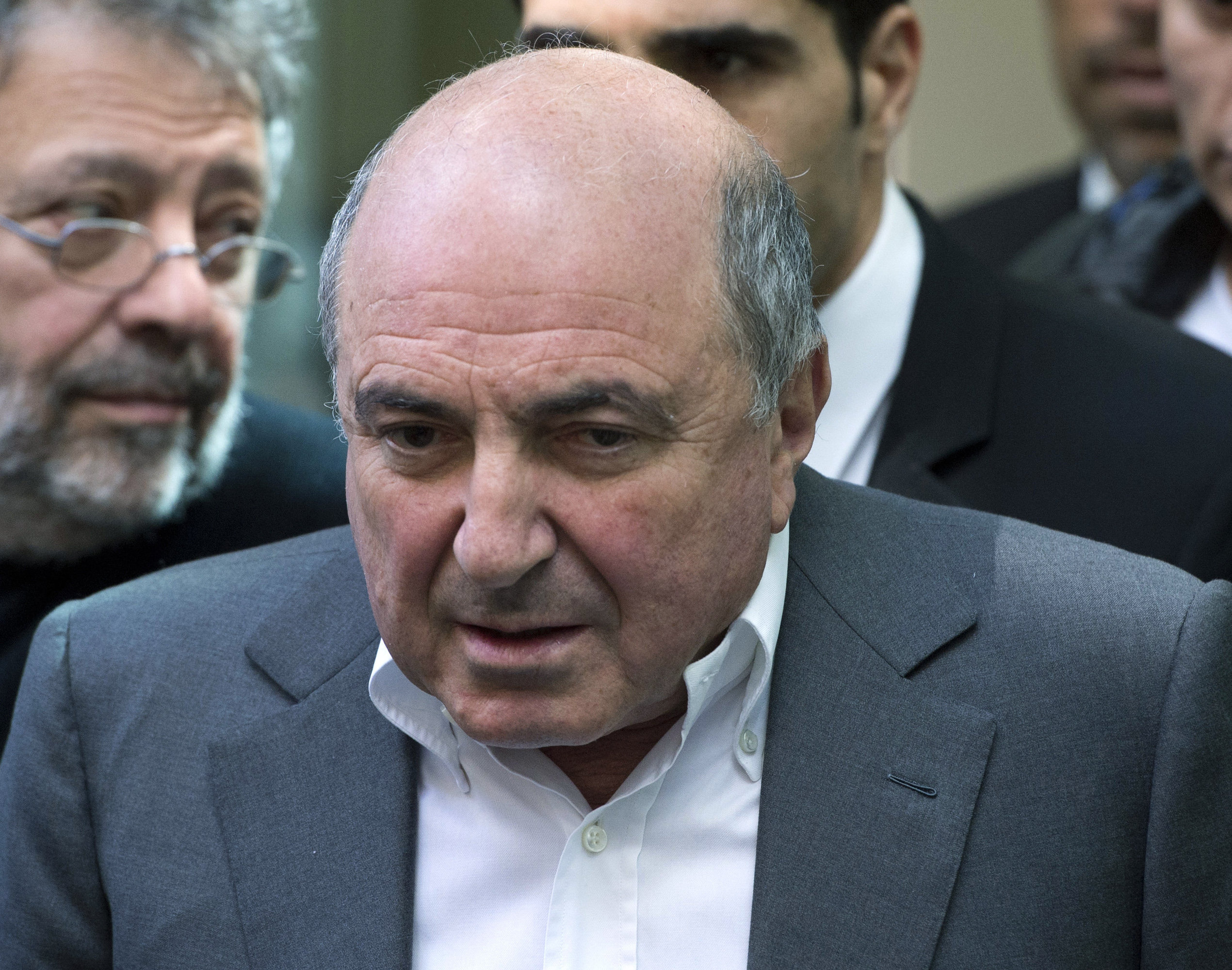MOSCOW, October 30 - RAPSI, Ingrid Burke. The London High Court’s Chancery Division refused to enforce the judgments of two Russian courts against self-exiled Russian oligarch Boris Berezovsky and his business partner Nikolai Glushkov, finding that enforcement of the judgments would breach the principle of res judicata. In so holding, Mr. Justice Floyd granted the defendants’ claim for summary judgment.
Berezovsky and Glushkov filed for summary judgment or alternatively to strike Aeroflot’s action on the basis that the Russian courts had lacked proper jurisdiction over the defendants when the judgments were issued, or in the alternative that enforcement of the Russian judgments would be repugnant to public policy and to principles of natural justice.
Criminal proceedings were launched against Berezovsky in 1999. In 2000, Berezovsky left Russia, and has not returned to his homeland since. He was granted political asylum in the UK in 2003.
Between 2001 and 2007, Glushkov was prosecuted for and convicted of the alleged Aeroflot fraud. He and others were found liable to compensate Aeroflot in the amount of 214,988,879.70 rubles, an amount established by two separate judgments – one rendered by the Savelovsky District Court in July 2006, another rendered by the Golovinsky District Court in November of that year.
In April 2007, the prosecutor sought to separate Berezovsky from the 1999 proceedings, and to initiate new charges against him. He was served with notice of the investigation, and was then formally charged in June of the same year. After Berezovsky ordered his own lawyers not to participate in the case, the court appointed an attorney to represent him. Aeroflot joined the proceedings as a civil claimant seeking nearly 215 million rubles, the same sum that it had been awarded the year prior against Glushkov and his co-defendants.
In November 2007, the Moscow’s Savelovsky Court convicted Berezovsky of fraud and found him jointly and severally liable with Mr. Glushkov to pay Aeroflot nearly 215 million rubles. Joint and several liability allows a victorious civil claimant to go after one, all, or any combination of the defendants in collecting his award. The judgment took effect in February 2008, after Moscow City Court dismissed Berezovsky’s appeal.
In July 2010, Russia’s Office of the Public Prosecutor retrieved assets amounting to 1.8 billion RR to compensate Aeroflot. Note that Aeroflot had only been granted a fraction of that amount. Still, Aeroflot pursued Berezovsky for compensation. Toward this end, $4 million of Berezovsky’s cash was foreclosed from a Moscow bank account in 2010, and his real property in Russia was attached in 2011.
In 2011, Aeroflot sought an adjustment of the amount awarded, taking inflation into consideration, charging that the original award should be increased to 2,117,875,744 rubles. Aeroflot failed in its effort to serve Berezovsky and Glushkov with process. The Golovinsky Court opted to move forward in absence of the defendants, and ultimately granted the inflation adjustment in full.
Aeroflot initiated the present proceedings in the UK seeking enforcement of the Russian judgment.
Berezovsky sought to strike out Aeroflot’s claim based on the fact that by the time the 2007 charges were launched, he had been living outside of Russia for seven years. The 1999 charges were ultimately meaningless to the judgment at issue. Berezovsky had not submitted to the jurisdiction of the Russian courts in June 13, 2007, and had actively disavowed such jurisdiction thereafter. In the alternative, any construed submission by Berezovsky of jurisdiction prior to June 13, 2007 could not have applied to Aeroflot as it had not entered as a civil claimant in the case until October 2010. Berezovsky further objected to having submitted to the jurisdiction of the Golovinsky Court’s adjustment proceedings.
The High Court held that the Golovinsky Court’s breached the principle of res judicata in opting to reopen the judgment as to the amount of damages owed to Aeroflot. The principle of res judicata prohibits re-litigation of a claim that has already been adjudicated and has reached final judgment. The High Court took issue with the fact that no new facts had come to light prior to the launch of adjustment proceedings; that the 2007 Savelovsky judgment had assessed the amount of damages due Aeroflot and the adjustment proceedings seem to have arisen from the same cause of action. Furthermore, the High Court found that the court lacked appropriate precedent and that the adjustment proceedings could not have been anticipated by Berezovsky.
For similar reasons, the court held that it should not enforce the judgment against Glushkov.



